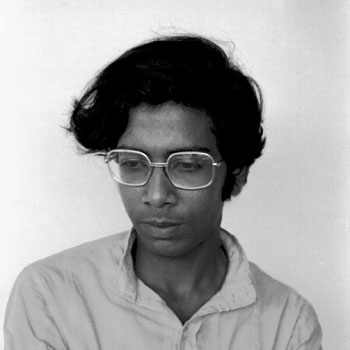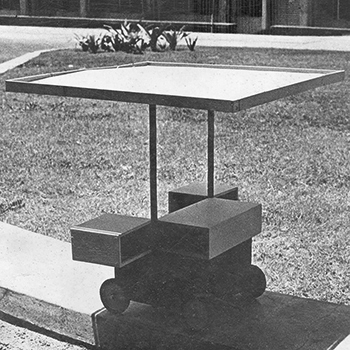Escape from poverty is the problem of the poor. Attempts have always been made to solve this. The poor try everything, including begging the resourceful, before taking up the trade of vending their wares. This is only a small area of self-employment available to them. But still, they cannot afford regular shops because of their low finances. Then they have to find the market. In addition to this, they have a day-to-day economy and cannot be sure of the continuous supply of commodities. The mobile shop is the basic equipment for selling their wares. It transports the commodity to the market; the source may be far from market locations, so it lets him choose his own market at times. The existing mobile shops concentrate mainly on food items with little or no preparation. They are good to start with, since they require minimum know and do not require a large financial investment; otherwise, the number of items can be limited to the financial capability.
Sometimes the whole family helps prepare the items. Also, food items are easier to sell. The mobile shops also sell small articles when they are handicrafts or are cheaply available. They may have to change locations according to market conditions, seasons, trends, or personal difficulties. Sometimes even the commodity is changed depending on availability, changes in resources, seasons, markets, etc. The mobile shop owner faces a number of operational challenges, such as finding resources and continuously feeding them, transporting commodities, being unaware of market conditions and an unstable economy, and dealing with legal restrictions regarding selling on the sidewalk, such as licenses, etc.
The problems are complex when the mobile shop cannot find a suitable market for its commodities and wandering becomes a daily routine. The shop suffers losses if perishables are not sold in a timely manner. The mobile shop is a convenient arrangement for city dwellers. The general atmosphere of hurry and the need for fast service almost induce the common man to use these shops. Also, mobile shops are found to be very suitable for recreational environments. The sale of goods on the streets is prohibited by city authorities due to health concerns. The mobile shops also tend to use the pavement and sidewalks and get in the way of people. This creates issues with traffic and pedestrian movements.

